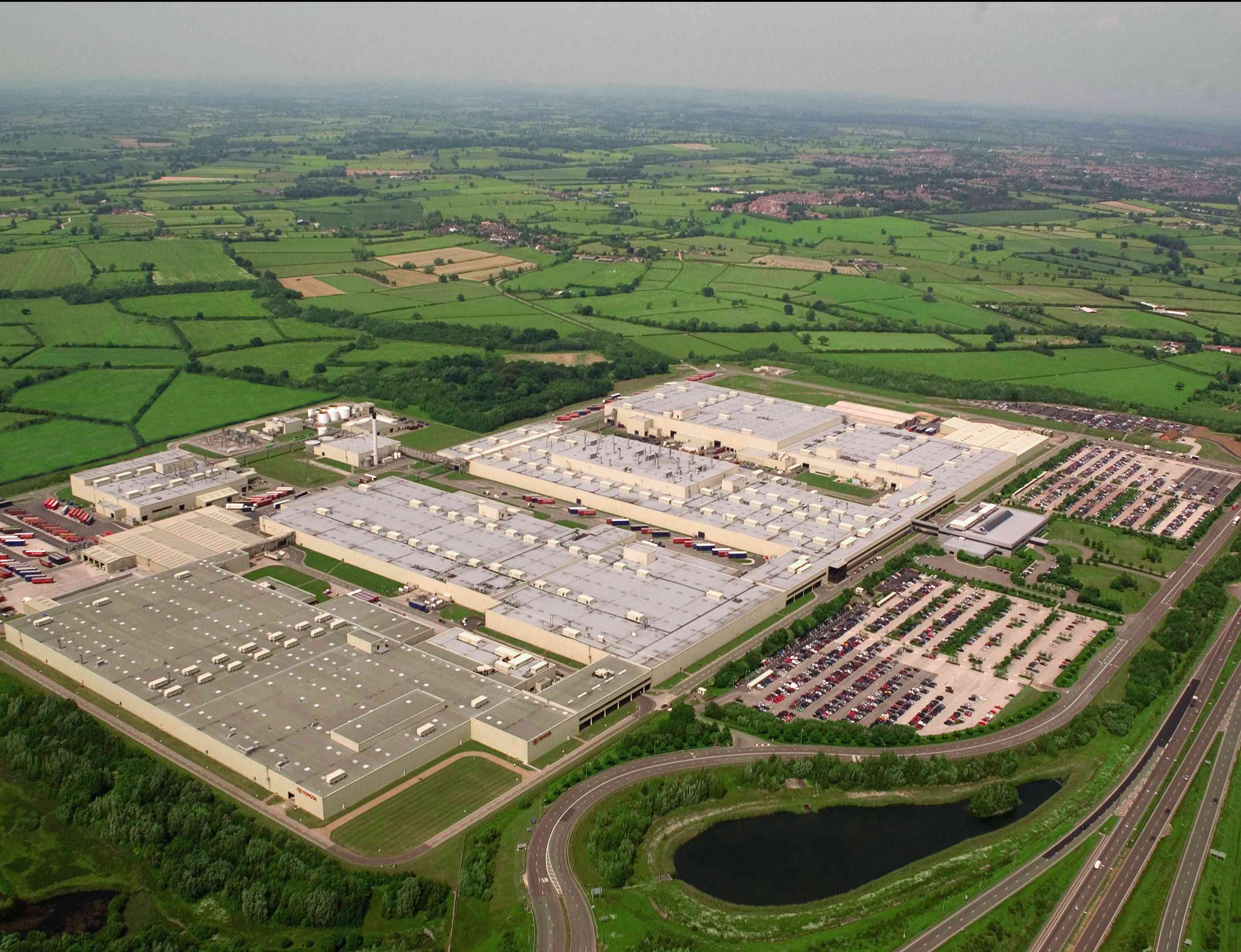UK is taking a ‘flawed direction’ over electric cars, says former Aston Martin boss
Andy Palmer has been particularly outspoken about the government’s roadmap for EVs

The UK government has taken a ‘flawed direction’ to electric cars that risks jeopardising the British automotive industry, a former chief of Nissan and Aston Martin has said.
Andy Palmer, a Brit who helped push forward the Nissan Leaf – which is often credited as being the first mass-market electric car almost 15 years ago – before joining Aston Martin as chief executive, has now diverted his attention to promoting EVs and the technologies surrounding them.
In an interview with the PA news agency, Palmer described the UK’s approach to electric cars and plans as “inept” and “flawed”.
The government is planning to ban the sale of new petrol and diesel vehicles in 2030, although some hybrids will be permitted until 2035, when all new car sales will need to be zero-emission models.

Palmer said: “The UK has taken a flawed direction in my opinion. This is not the 2030 deadline itself, as going with this date is fine, but not having a plan around it is inept. By not defining [what vehicles can be sold after 2030], you automatically create tension, such as with Toyota, as they don’t know whether their hybrid vehicles qualify or not.
“You’re risking that relationship with Toyota, and you’re not putting any incentives for manufacturing in the UK – quite the opposite.”
Toyota is one of the largest car makers in the UK, producing its Corolla hybrid at a factory in Burnaston, Derbyshire. However, with the government not confirming if these vehicles can be sold after 2030, there’s doubt as to whether Toyota will continue to make cars in Britain in the future, although the firm has never made any official comments about its long-term plans.

Palmer added: “My view was that electric vehicles were always an opportunity for the likes of the UK to step forward and regenerate its car industry, but in the current climate it’s quite the opposite. We have no industrial strategy. We have no plan on how we’re going to create jobs as a result of this complete retooling of the car industry.”
Palmer said that electric car policy was now being used as a “political football” by parties of all colours.
“We’re letting politics get in the way of our kids’ future health. I don’t think that’s the role of any responsible government. They are supposed to think in the long term, not use it as a political football for the next election, and that’s where we find the industry now.”

In response, a government spokesperson said it remained “committed to ending the sale of new petrol and diesel cars and vans by 2030 and for all new cars and vans to be 100 per cent zero emissions by 2035.
They added: “Our plan to phase out the sale of new petrol and diesel cars is giving the industry the certainty they need to invest in the UK, as demonstrated by Tata Group’s recent decision to invest £4bn into an electric car battery gigafactory here.
“We continue to work with the industry to unlock private investment in electric vehicle manufacturing in the UK, including through the Automotive Transformation Fund.”
Palmer started his career at Austin Rover in 1986, before joining Nissan in 1991 and working his way up the ladder to become chief operating officer in 2013. In 2014, he moved to head up Aston Martin but was forced out of the sports car firm in 2020 amid falling share prices.
Since then, he has taken on various roles working for start-ups relating to electric cars. He was recently confirmed as the new boss of Pod Point, one of the UK’s largest EV charging providers, and earlier this week was appointed chairman at Brill Power, a firm specialising in the battery technology used in electric cars.
Brill Power is looking to increase the average number of years that an electric car’s battery will currently last from 10 to 16 years, and is also exploring the ‘second life’ and ‘third life’ of these batteries to increase sustainability.





